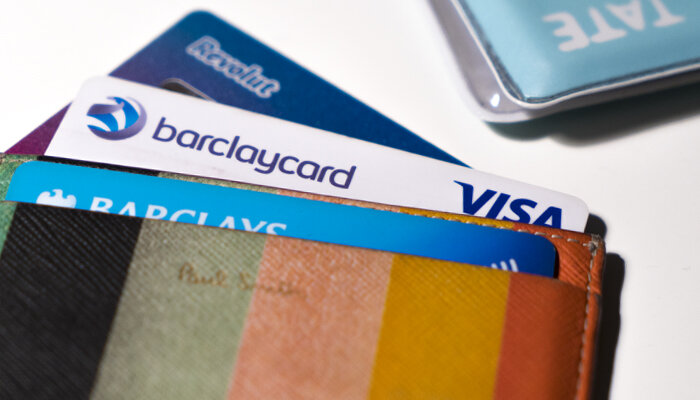Personal finance guide for young professionals
Careers are not just about jobs. You don't work for free. And sometimes you might make more money than you need and still end up with an overdraft or nothing left on the bank account by the end of the month. Money is not the most important in life, but it is a great tool to make your life better. Here are a few pointers that helped me manage my finance better.
Disclaimer: I'm by no means a financial expert and I've no qualifications in finance. The below are just my experiences. If in doubt, speak with a financial adviser.
Thinking of your money as soon as you start having an income is a smart move. Whether your goal is to become financially independent, buying first property, or just saving for a holiday, it's important to know how to handle your money. Here are some tips I've learnt over the last few years.
#1 Pack your lunch
Money spent on eating out your lunches can get expensive. A five-quid meal deal or a sandwich can amount to £25 weekly expense and you'll end up spending over £100 each month. Packed lunches are not only healthier, but much more economic choice, too.
#2 Track expenses
Be it an Excel spreadsheet or Money Dashboard, it's important to see where your hard-earned pounds go and how you can cut down costs of living.
#3 Apply for a credit card
Credit cards have a bit of a reputation. Whenever we think of them, we think of debt. After all, it does have a 'credit' in the name! But not all debt is bad for you. When you pay off your credit cards on time and use them just like you'd use your debit card, you start building a good credit score.
As Experian, a credit reporting agency explains, "a credit score, also known as a credit rating, is a number that reflects the likelihood of you paying credit back." Having a decent credit score will come in handy when trying to get a mortgage -- but also a phone contract.
#4 Pay yourself first
When you get your pay, make sure to pay off your credit cards and put some money aside in the first instance. Set up a standing order for right after your pay day that will transfer your money to the savings account. Any amount is good, as long as money consistently goes to your savings account.
#5 A no-spending day
Create a habit of not spending. Make one day a week your no-spending day. Try not to spend a single penny that day. Just make sure you don't overspend the day after no-spend day.
#6 Keep learning
Just like in most areas of life, never stop learning. Read financial books, such as 'RESET' by David Sawyer (more about it soon), listen to financial podcasts (such as Listen Money Matters), read personal finance pages in the newspapers (The Telegraph has a decent one) and follow blogs such as Money Saving Expert.
#7 Start a fundraiser
This might sound counterintuitive. And it's not just a shameless plug for my #MKruns262 campaign. Asking people for money will show you the value of it and will make you appreciate it more.
Oh, and did I mention I'm running the London Marathon for the amazing charity called Sense? Sorry, that one was a shameless plug...
Personal finance is a learning curve for me, too, so I'm always keen to hear your tips!
***
If you have any suggestions, would like to guest post or give me a feedback, feel free to email me at kl.marcel [at] gmail.com, tweet me @marcelkl or connect with me on LinkedIn. Thanks for stopping by, have a splendid day!
A photo in the header is from my own collection. For more, see my Instagram here.


